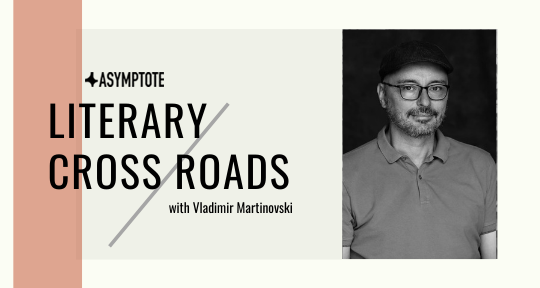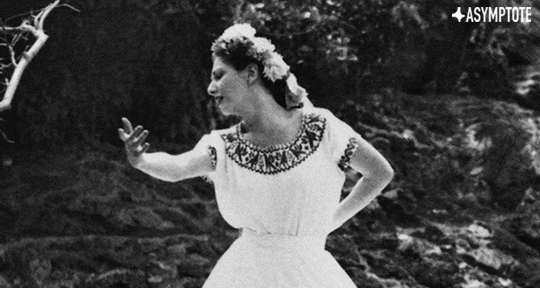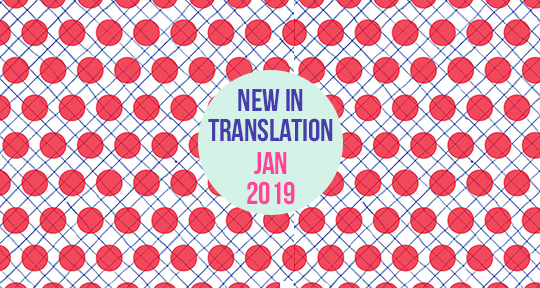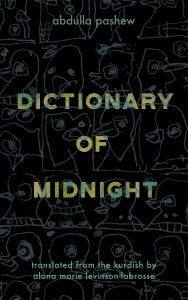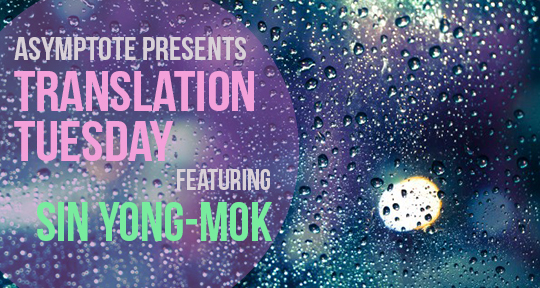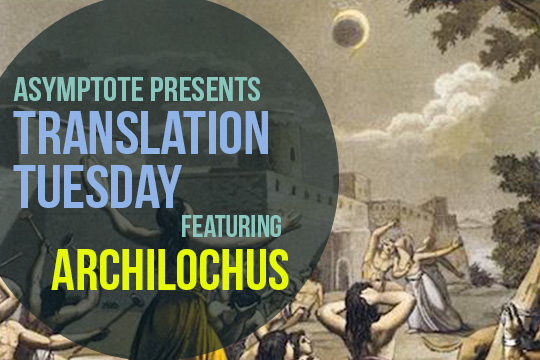The interplay between different art forms has long been a subject of poetry. How can visual art, color, or sound be translated into the medium of language? In the following essay, Vladimir Martinovski reflects upon such meeting points in contemporary Macedonian poetry: the poetic dialogue between Mateja Matevski and the Japanese haiku-master Kobayashi Issa; ekphrasis in the poetry of Blaze Koneski; musical instruments in the poems of Jovan Strezovski, Slavko Janevski, Jovan Koteski, and Bogomil Gjuzel; medieval Byzantium sacred art in the poems of Mihail Rendzov. Through a selection of extracts from his essay collection Literary Cross/roads, Martinovski explores the rich and subtle interaction between words and the artistic forms that inspired them.
Contemporary Macedonian poetry is dialogical—a spiritual fruit on the literary crossroads between the East and the West, between tradition and modernity, between different artistic forms of expression and the art of the poetic images. A dialogue is established between poetry and different modes of artistic expression. In the attempt to transform paintings into a poetic text, poets must inevitably choose which pieces of visual information is to be transposed into poetic discourse. During the process, the semantics of ekphrastic poetic text is inseparable from—even incomplete without—the connection with the work of art that is the subject of literary description. The poem always depends on the role of the viewer that the reader receives, connecting the words from the poem with the work of art to which they refer.Therefore, a work of art could be treated as a “visual catalyst” of the poem, whereas the poem is an opportunity—thanks to the art of language—to see the work of art in a new way. READ MORE…

